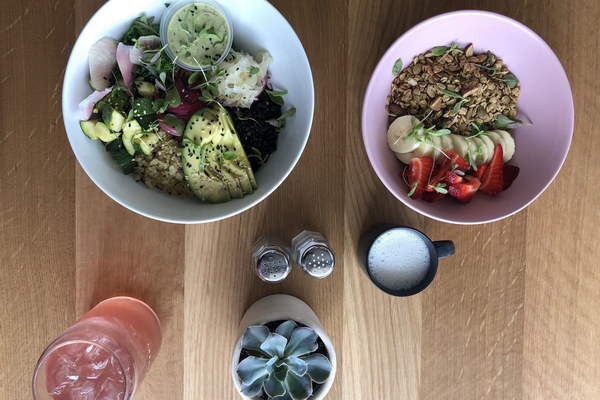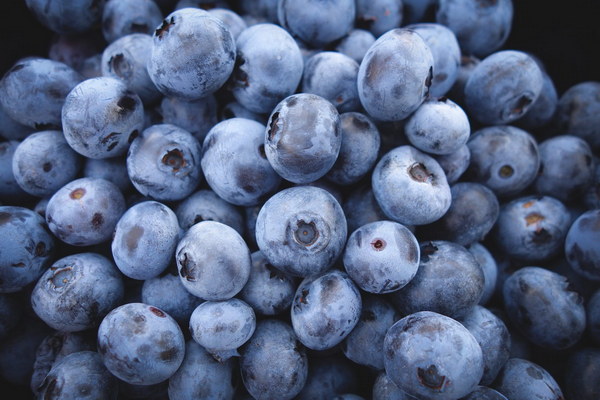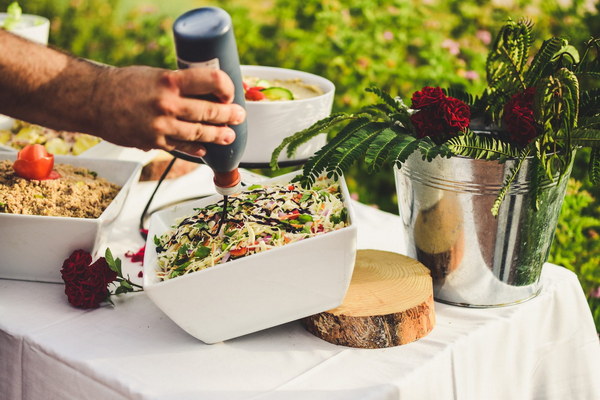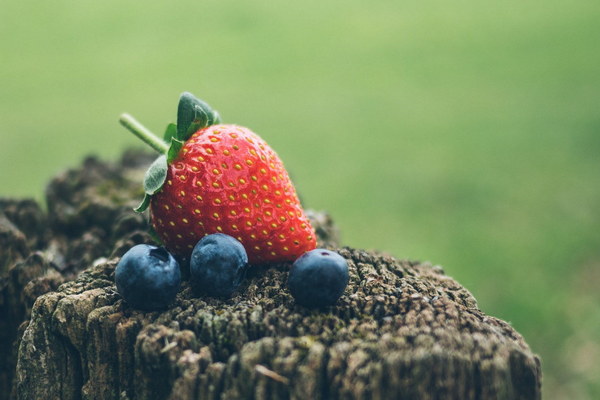PostDiarrhea How to Nourish Your Spleen and Stomach for Recovery
After experiencing diarrhea, it's crucial to focus on nourishing your spleen and stomach to aid in recovery and prevent future episodes. Here's a comprehensive guide on how to care for your digestive system post-diarrhea.
Post-Diarrhea: How to Nourish Your Spleen and Stomach for Recovery
Diarrhea can be a distressing experience, often leading to dehydration and weakness. Once you've overcome the immediate symptoms, it's essential to take steps to nourish your spleen and stomach to restore balance and prevent future occurrences. Here are some practical tips to help you on the road to recovery:
1. Gradually Reintroduce Foods
After a bout of diarrhea, your digestive system may be sensitive. Begin by reintroducing bland, easily digestible foods. Start with foods that are rich in nutrients but low in fiber, such as:
- White rice
- Boiled potatoes
- Applesauce
- Mashed bananas
- Cooked carrots
- Lean proteins like chicken or turkey
Gradually increase your intake of fiber-rich foods once you feel your stomach is recovering.
2. Stay Hydrated
Diarrhea can lead to dehydration, so it's important to drink plenty of fluids. Water is the best choice, but you can also consume:
- Clear broths
- Electrolyte-rich drinks
- herbal teas (avoid caffeine and milk)
- Coconut water
Avoid alcohol and carbonated beverages, as they can further irritate your stomach.
3. Consume Probiotics
Probiotics are beneficial bacteria that can help restore the balance of good and bad bacteria in your gut. You can find probiotics in:
- Fermented foods like yogurt, kefir, and sauerkraut
- Probiotic supplements
- Fermented drinks like kombucha
It's important to consult with a healthcare professional before starting any new supplement regimen.
4. Eat Small, Frequent Meals
Instead of eating three large meals a day, try to have several small, well-balanced meals. This approach can help prevent overburdening your digestive system.
5. Avoid Certain Foods
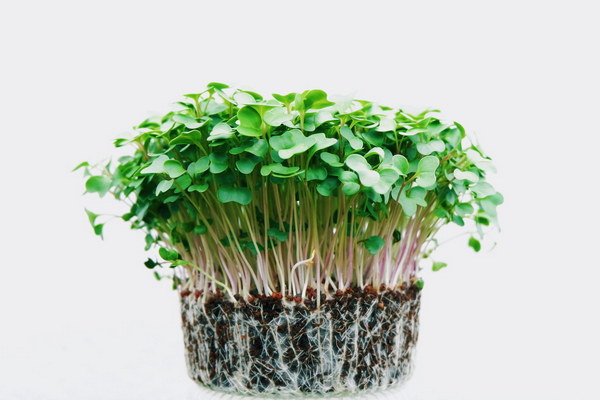
Certain foods can exacerbate diarrhea symptoms. It's best to avoid:
- Fatty, greasy foods
- Highly seasoned dishes
- Dairy products (if you're lactose intolerant)
- High-fiber foods
- Citrus fruits and juices
- Artificial sweeteners
6. Manage Stress
Stress can impact your digestive health. Find ways to manage stress through:
- Regular exercise
- Adequate sleep
- Mindfulness or meditation
- Engaging in hobbies
7. Consider Herbs and Supplements
Some natural herbs and supplements may help support your spleen and stomach:
- Ginger: Known for its anti-inflammatory properties, ginger can help soothe your stomach.
- Licorice root: This herb may help reduce inflammation in the gastrointestinal tract.
- slippery elm: Known for its demulcent properties, it can coat and soothe the digestive tract.
Always consult with a healthcare provider before starting any new herbal or supplement regimen.
8. Regular Check-ups
If you frequently suffer from diarrhea or other gastrointestinal issues, it's important to consult with a healthcare professional. They can help identify underlying causes and provide appropriate treatment.
Conclusion
Recovering from diarrhea involves a combination of dietary changes, hydration, stress management, and sometimes medical intervention. By focusing on nourishing your spleen and stomach, you can help restore your digestive balance and reduce the likelihood of future episodes. Remember, patience is key, and it may take some time for your body to fully recover.


